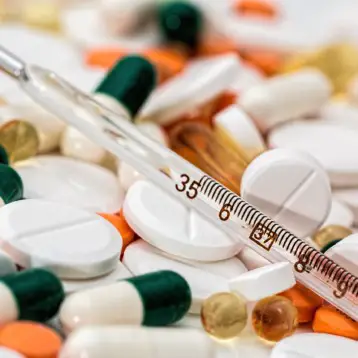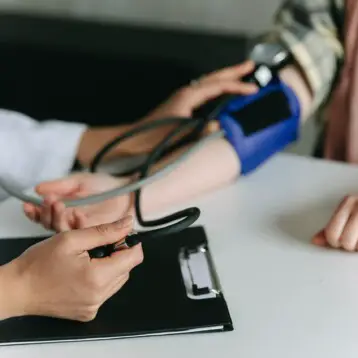|
Based on research originally undertaken at the University of Massachusetts Medical School in Worcester, the new technique, in essence creates a microsphere from a single yeast cell. This sphere is purified and then loaded with the drug for delivery. The resulting combination is collapsed to form a pill that can be swallowed by patients. Because the yeast cells are naturally found in our bodies as well as in our common foods, this pill is passed through the digestive tract without interference from acids that would try to break down other substances. Special cells in the lining of the intestines detect the yeast and absorb it naturally. The intestinal cells eventually pass the drug into the bloodstream at a much higher concentration than possible with other capsules or pills.
Specific details as to which injectable drugs could make use of this new delivery system are not yet released. In particular, the news announcements make no mention of insulin delivery through this mechanism. Certain anti-inflammatory drugs, chemotherapy drugs, and antibiotics may be good candidates for this technique, but it is mostly guesswork at this point.
Cadrus is still in the early startup phase and is currently looking for a round of seed funding to continue its research into the yeast pills. It would then need another, larger round of funding that will allow for an extensive testing phase before applying for FDA approval. The company hopes to be ready for such an approval in about seven years.
TFOT has previously reported on other alternatives to traditional injections including a type of needle-free jet injection that doesn’t cause pain or bruise the skin, a skin patch with painless microneedles that allows to closely control drug delivery and permit the administration of more than one drug in a single application, the iPill smart pill based on the design of camera pills, and micro-origami containers designed to deliver drugs in very precise quantities.
Yeast is becoming increasingly popular as the template for microspheres coated with different substances. Cadrus does not yet provide any information about the process on its website, but you can read about other yeast microspheres with various coatings in this paper abstract from Crystal Growth & Design and this abstract from Materials Chemistry and Physics.










